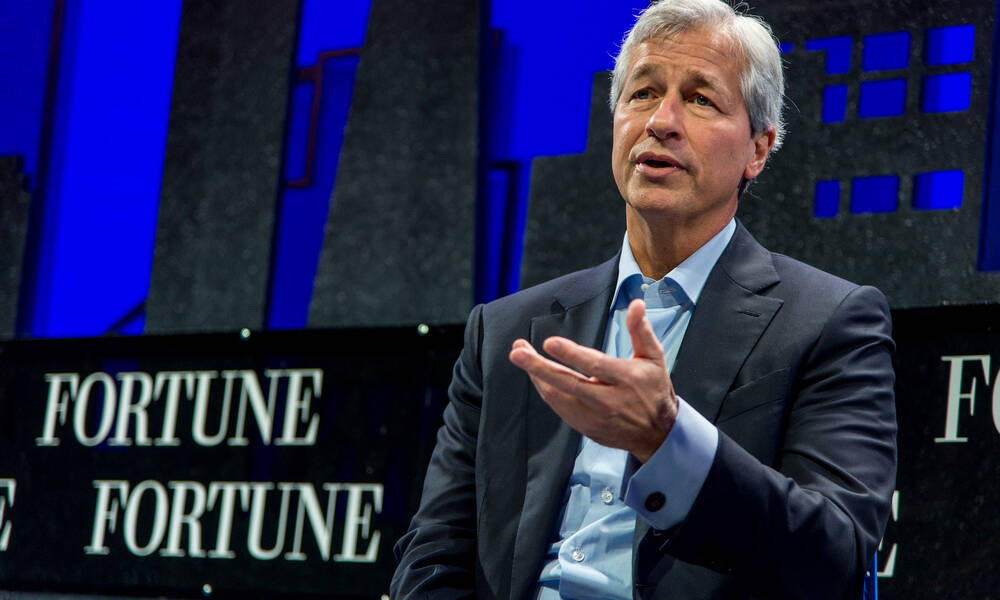
Business Roundtable: Corporate Purpose Goes Beyond Shareholder Profits
In a statement supported by almost 200 CEOs, the Business Roundtable is broadening its definition of corporate purpose to encompass serving the interests of customers, employees, and others—not just shareholders.
The Business Roundtable counts among its members some of the most prominent figures in corporate America—major CEOs of some of the world’s biggest companies. This week, nearly 200 of these top executives signed onto what the organization is calling “a modern standard for corporate responsibility.”
On Monday, the group released an official “Statement on the Purpose of a Corporation” [PDF] that shifts away from the traditional view that corporations exist primarily to maximize shareholder value and toward a vision of serving all stakeholders, including employees, suppliers, and customers.
“While each of our individual companies serves its own corporate purpose, we share a fundamental commitment to all of our stakeholders,” the statement says.
The 181 chief executives who signed the statement—including the CEOs of Apple, Amazon, Coca-Cola, Ford, FedEx, IBM, United Airlines, and Walmart—made several commitments on behalf of their companies:
- Delivering value to our customers.
- Investing in our employees.
- Dealing fairly and ethically with our suppliers.
- Supporting the communities in which we work.
- Generating long-term value for shareholders, who provide the capital that allows companies to invest, grow, and innovate.
The statement describes each stakeholder as “essential,” saying, “We commit to deliver value to all of them, for the future success of our companies, our communities, and our country.”
The approach reflects a shift in thinking around the role that corporate America should play in public life, as more companies speak out on social issues and face customer demands for a higher level of corporate responsibility, from fair treatment of workers to environmental sustainability.
“The ideology of shareholder primacy has contributed to the economic inequality we see today in America,” Ford Foundation President Darren Walker said in an interview with The New York Times. “The Chicago school of economics is so embedded in the psyche of investors and legal theory and the CEO mindset. Overcoming that won’t be easy.”
Business Roundtable Chairman Jamie Dimon, CEO and chairman of JPMorgan Chase & Co., said the shift may be difficult, but it’s essential.
“The American dream is alive but fraying,” Dimon said in an announcement of the new statement. “Major employers are investing in their workers and communities because they know it is the only way to be successful over the long term. These modernized principles reflect the business community’s unwavering commitment to continue to push for an economy that serves all Americans.”
Business Roundtable chairman Jamie Dimon, also the CEO and chairman of JPMorgan Chase & Co. (Fortune Global Forum/Flickr)






Comments